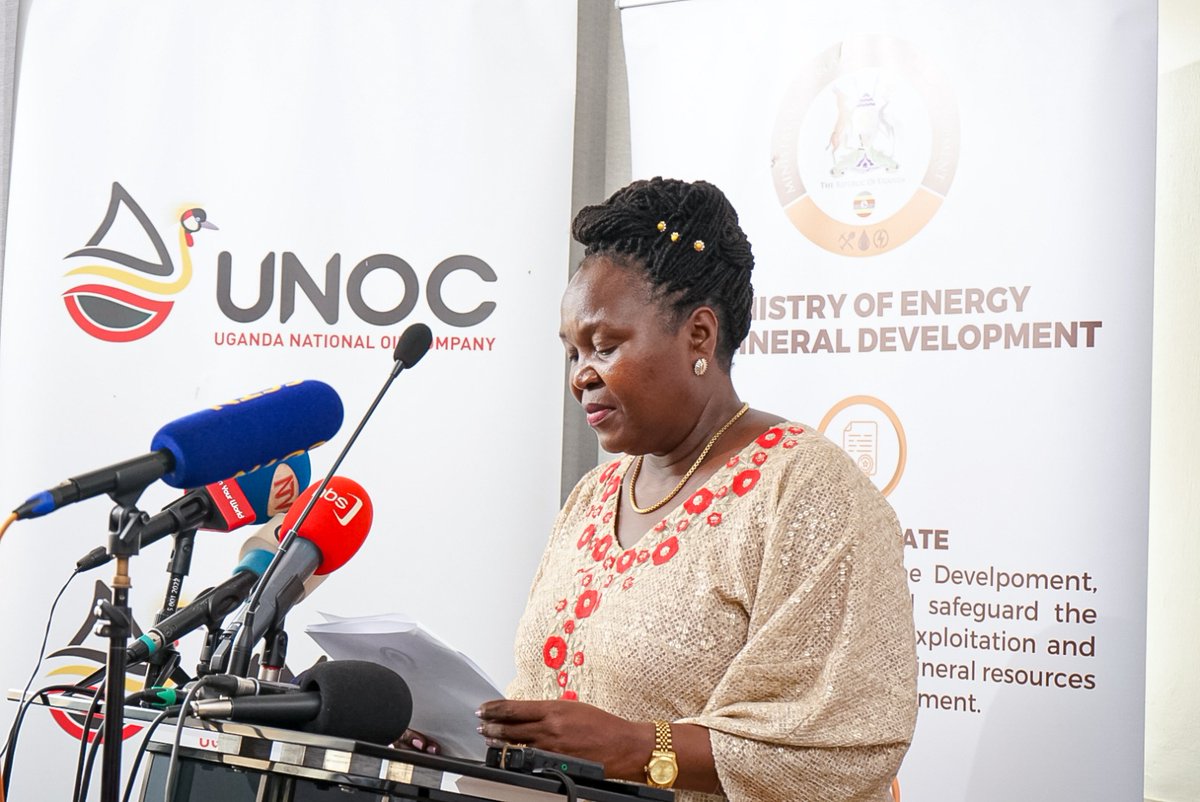
Uganda reaffirms commitment to maximise oil reserves sustainably
Uganda’s energy minister Ruth Nankabirwa reaffirmed the East African country’s commitment to maximise its oil and gas reserves sustainably amid concerns that its current projects will fall victim to overexploitation.
Uganda discovered oil deposits close to two decades ago, sparking hope that the nation could accelerate its development and gain revenue. However commercial oil production is yet to start due to delays caused by inadequate infrastructure.
Two major projects in the pipeline, the Kingfisher and Tilenga oil fields, are expected to produce tens of thousands of barrels of oil per day at their peaks.
The country also has the East African Crude Oil Pipeline Project that will transport oil produced from Uganda’s Lake Albert oilfields to the port of Tanga in Tanzania where the oil will then be sold to global markets.
But as Uganda plots on how to maximise its reserves, global leaders seek to reduce the use of fossil fuels. The issue places Uganda in a dilemma between economic development and fossil fuel phase-out.
Nankabirwa insisted that Uganda will continue with its oil and gas projects and tried to ease fears that it is abandoning the more global agenda on sustainable production and promoting clean energy.
“At COP28, Uganda showcased its Energy Transition Plan, aligning with global efforts. Despite the transition discussions, Uganda’s oil and gas boom is set for 2025, providing invaluable national assets for economic growth,” Nankabirwa said during an address on the progress of Uganda’s oil and gas sector on Tuesday.
“Uganda remains committed to sustainable oil and gas development, contributing to poverty eradication and national prosperity.”
Nankabirwa added that Uganda’s projects align with global cleaner energy campaigns. She also noted that technological innovations will minimise the carbon footprints and make such projects ‘low emission.’
According to Nankabirwa, Uganda’s oil and gas sector held transformative potential for the nation’s wealth and livelihood, creating more than 12,000 jobs since 2006.
She also reassured the public that the Ugandan government prioritises sustainability and environmental responsibility. Rights activists and environmental groups have previously raised concerns about the Lake Albert oil project posing a threat to the area’s ecosystem as well as the livelihoods of the residents.
(Story compiled with assistance from wire reports)






